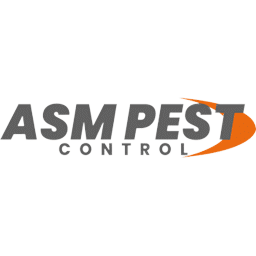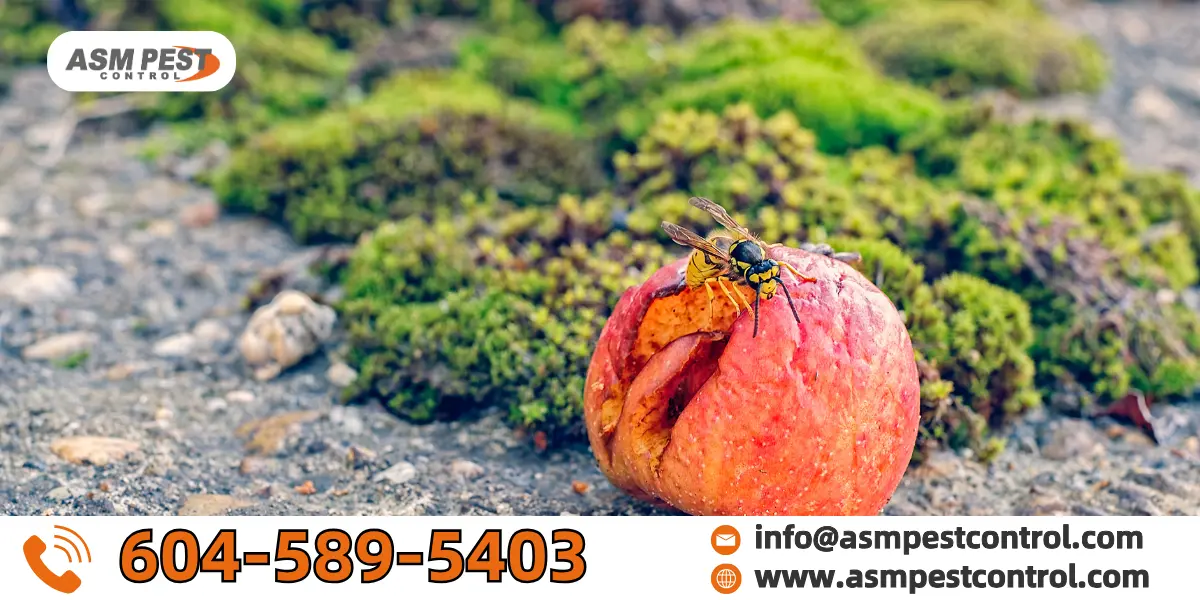Knowing what do wasps eat is important for anyone looking to prevent these insects from invading their outdoor spaces. Although they are commonly misunderstood about manifesting as mere nuisances with stinging bites, wasps play a very complex role in the ecosystem, particularly due to their feeding preferences. Eating varies massively along the life cycle of a wasp and between species. It begins with the hunting of the living insects at the lower developmental life phase of the wasps, and it can develop to make out feedings on the sweets that are obtained under the sugar-bait traps. So, here is a deep dive into what sustains these buzzing creatures and how their preferences of food preferences affect human environments.
Wasp Diets
The same things are not eaten by all wasps. They may vary considerably depending on the species and the season. There is a significant change in food preferences in social wasps, as seen with yellow jackets and paper wasps, according to the demands of the colony. At the beginning of the summer, adult wasps are preoccupied with catching sources of protein food such as caterpillars and other tiny insects to feed their offspring. Such larvae would then excrete a sugary fluid, which is fed on by the adult wasps as a source of carbohydrates.
As the summer becomes late season, the larvae continue growing and cease producing that sugary secretion. This change causes adult wasps control surrey to go outside to obtain sugar nectar, rotten fruits, and even sugary foods eaten by humans like soda, sugary candies, etc. It is at this age that human beings have the highest chances of experiencing aggressive behavior from the wasps during the picnics or at the garbage bins.
The role of wasps in balance of nature
Wasps are also natural pest controllers. They can control populations of other insects, like many that are seen as pests to humanity, like caterpillars, flies, and even aphids. The wasps that prey on live insects are very useful as they provide a major ecological role. To cope even further, some parasitic wasps even lay their eggs in the abdomen of other insects to use them as a food source for the larvae. They are an important part of maintaining ecosystems through the regulation of pesky population levels because, although parasitic wasps seldom impact humans directly, they nonetheless have a significant effect on the stability of an ecosystem.
Do Wasps Eat Spiders and Mosquitoes?
Some of the wasps even have a special interest in spiders, like the mud dauber. These wasps control abbotsford are solitary and paralyze the spiders and put them in their nests of mud, which are a food supply to them in their larval form. Although this might seem barbaric, this is the natural process of recycling resources. Conversely, wasps do not actively hunt mosquitoes. They will eat them when they come across them, but by far more important are protein-rich creatures such as caterpillars or spiders.
Sugary Cravings and Their Attraction to Human Food
To the question, what do wasps eat, their answer during late summer or early fall is very easy: sugary. No more larvae are producing sweet materials, and therefore wasps are desperate in their need of carbs. So you will frequently find them hovering over juice boxes, soft drink cans, and fresh fruits, and even sweet cocktails. They like sugar to the extent that they tend to fight and be persistent when around people at this period.
They also consume honeydew of aphids, which is a sweet sap waste produced by aphids in the course of feeding on plants. This makes gardens having aphid populations rather appealing to the wasps.
Do Wasps Eat Wood or Other Wasps?
Although wasps do not feed upon wood as it was understood, certain wasps, such as paper wasps, do wear the wood by chewing on fibers of the wood to make their nests. They add the saliva to the pulp wood to make it in the form of paper. This fascination is usually confused with real feeding, but it has a structural role.
In the wild, some wasps resort to cannibalism, especially when protein is scarce. Some species, like European hornets, as well as yellow jackets, can feed off of weaker nestmates or the corpses of the wasps to make sure that the colony can survive.
Frequently Asked Questions
1. What do wasps eat most often?
Wasps most often consume sugary foods like nectar, fruit juices, and sweetened human items such as soda or candy.
2. Are all wasps on the same diet?
No, the food practice is species and season-dependent. Social wasps prey on insects and are insectivorous and need sugars, whereas parasitic wasps feed their larva through insect hosts.
3. What causes more wasps in the fall?
In late summer, the larvae stop secreting rich sugar liquid, and the adult wasps have to find some outside source of sugar. This aspect makes the presence of the wasps aggravated near human activities.
4. Are wasps helpful to gardens or not?
Wasps are also good since they are helpful to control the population of pests in the garden, such as caterpillars, aphids, and flies. They can, however, be a menace during their search for sugar.
5. Which do wasps like most, meat or sugar?
They switch off in preference during the year. During early summer, wasps like meat and insects as larva feeders. Towards the end of summer, they need the sugar to feed their energetic needs.
Wasp Behavior to Avoid Infestations
Knowing what do wasps eat can help you prevent them from turning your yard into a feeding ground. Covering of food and beverages when eating out, sealing of trash containers, and reduction of stagnant sources of water can go a long way in discouraging wasp behavior. In case you have fruit trees, you should definitely remove rotting fruit that has fallen to the ground, in order to prevent attracting wasps.
Specifically, do not keep open and airy sugary drinks in the backyard when late summer, the high ignition period, is in full swing. Wasps are very aggressive during this time because they are struggling to find high-calorie food in order to keep themselves until winter.
Conclusion:
In the end, wasp nutrition is complex and seasonal, involving a mix of insects, sugary products, fruit, and nectar. Their stings are painful and concerning, but wasps also offer valuable benefits, such as controlling pests and contributing to limited pollination. By understanding their eating habits, you can better anticipate their behavior and take simple precautions to avoid unwanted interactions. And if you have wasp nests around you, do consider ASM Pest Control for safe and reliable wasp nest removal.






